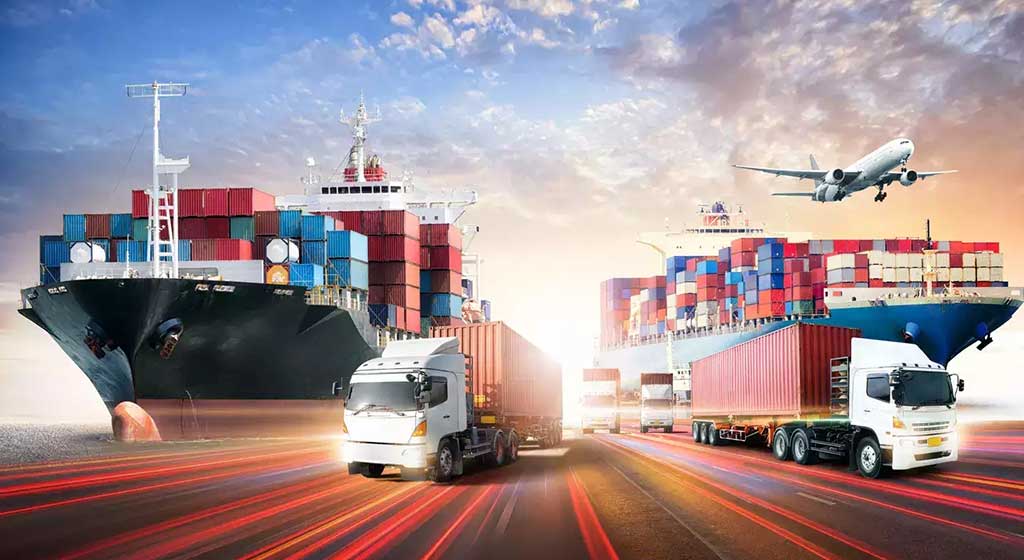
The logistics industry is on the brink of a transformative revolution with the emergence of autonomous trucking. The prospect of self-driving trucks navigate our roadways has captured the imagination of industry experts and enthusiasts alike. In this blog, we will explore the future of autonomous trucking in the logistics arena, discussing the technology behind it, its potential benefits, challenges to overcome, and the impact it will have on the logistics landscape.
The Technology Behind Autonomous Trucking: Autonomous trucking relies on a sophisticated combination of technologies, including advanced sensors, artificial intelligence, computer vision, and machine learning. These technologies enable trucks to perceive their environment, make real-time decisions, and navigate safely and efficiently without human intervention. The development of reliable and robust autonomous systems is rapidly progressing, with significant investments and collaborations from leading technology companies and truck manufacturers.
Potential Benefits of Autonomous Trucking: The adoption of autonomous trucking in the logistics industry brings a multitude of potential benefits. First and foremost is increased safety. With advanced sensor systems and AI algorithms, self-driving trucks can mitigate the risks associated with human error, fatigue, and distraction, thereby reducing accidents on the road. Additionally, autonomous trucks have the potential to enhance operational efficiency by optimizing routes, reducing idle time, and improving fuel consumption. This leads to costs savings for logistics companies and faster delivery times for customers.
Transforming The Logistics Landscape: Autonomous trucking has the potential to revolutionize the logistics landscape in various ways. It can improve supply chain visibility through real-time tracking and monitoring, providing logistics companies and customers with accurate information on shipment status and delivery times. Furthermore, autonomous trucks can operate non-stop, leading to improved reliability and shorter delivery windows. These advancements will reshape logistics operations, allowing for more precise planning, reduced inventory holding costs, and increased customer satisfaction.
Addressing Challenges and Concerns: While the future of autonomous trucking holds immense promise, there are challenges and concerns that must be addressed. Safety remains a critical aspect, and rigorous testing and validation of autonomous systems are necessary to ensure their reliability and performance under diverse road and weather conditions. Additionally, regulatory frameworks need to be established to govern the operation and integration of autonomous trucks into existing transportation systems. Alongside these considerations, public acceptance and understanding of autonomous technology will play a crucial role in its successful adoption.
Collaboration and the Human Element: Contrary to popular belief, autonomous trucking does not eliminate the human element from the logistics industry. While the role of drivers may evolve, their expertise and involvement will remain vital, particularly in areas such as urban driving, complex maneuvers, and handling unforeseen situations. Human oversight, maintenance, and supervision of autonomous systems will be necessary to ensure their optimal functioning. Collaboration between technology developers, logistics companies, and policymakers will be key to finding the right balance between automation and human involvement.
Conclusion
Autonomous trucking represents a paradigm shift in the logistics industry, offering transformative possibilities for safety, efficiency, and operational optimization. The future of autonomous trucking in the logistics arena is both exciting and challenging, with numerous benefits to be realized and hurdles to overcome. By addressing technological, regulatory, and societal considerations, we can pave the way for a future where autonmous trucks coexist with human drivers, revolutionizing the way goods are transported and bringing us closer to a more advanced and efficient logistics ecosystem. Together we can drive forward into a future where autonomous trucking plays a significant role in shaping the logistics landscape.
